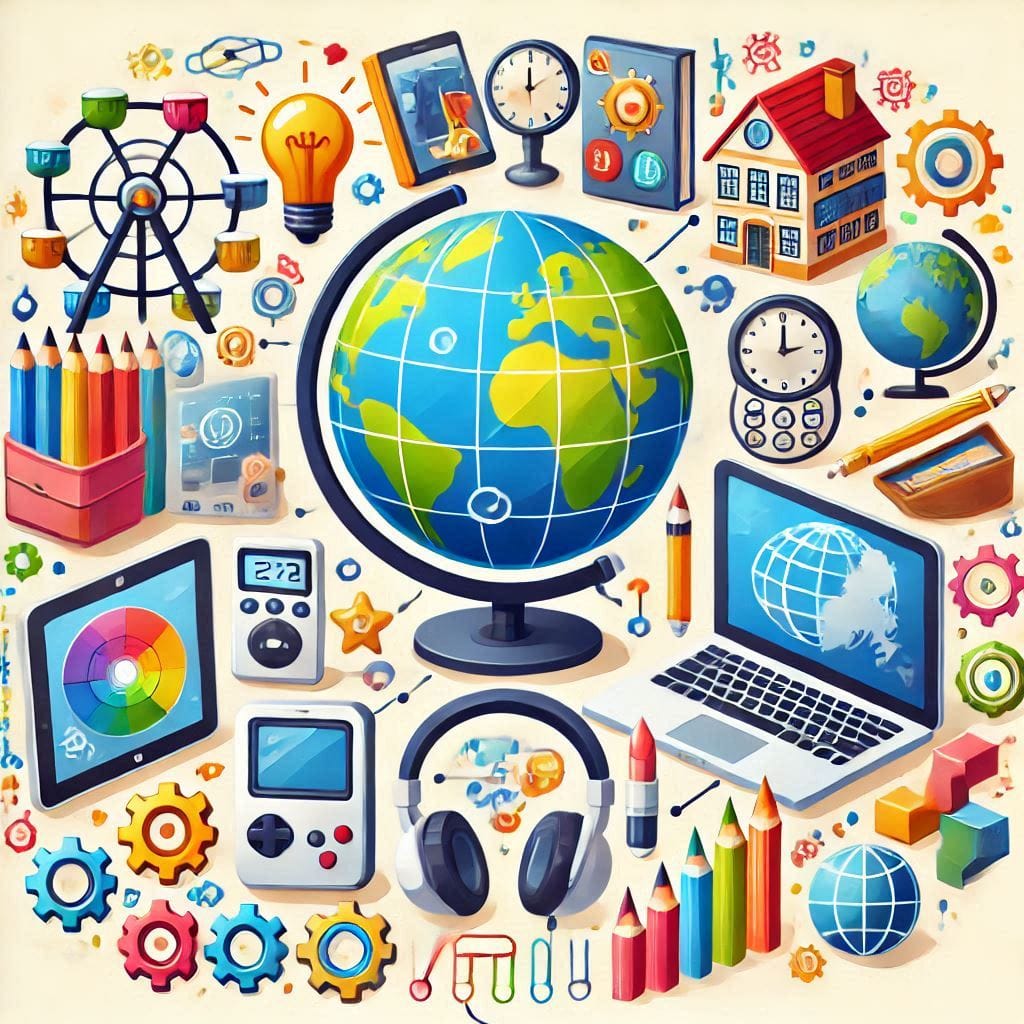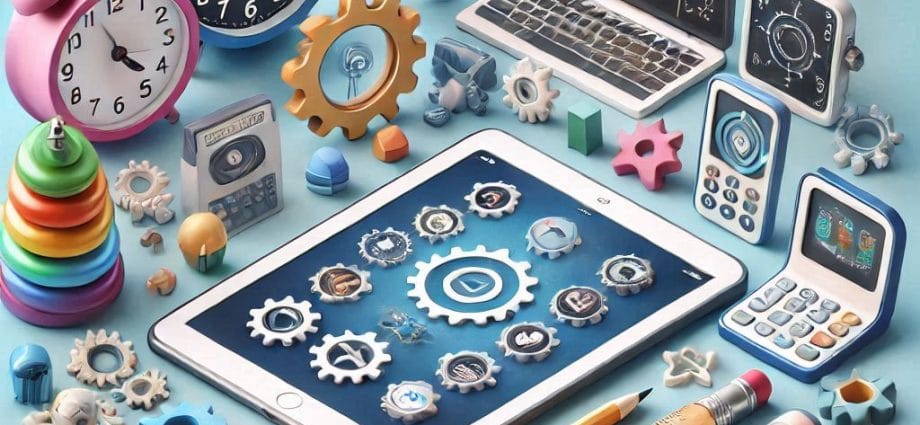In today’s digital age, educational technology has become a crucial part of children’s learning experiences. Tech tools provide interactive, engaging, and personalized learning opportunities, making education more accessible and enjoyable for kids. Let’s explore some of the key tech tools that are transforming children’s education.
Online Learning Platforms
Online learning platforms are internet-based systems that offer a wide range of educational content and interactive lessons. These platforms make learning more flexible and accessible for children.
Definition and Benefits
Online learning platforms are designed to provide educational content and courses over the internet. They allow students to learn at their own pace and offer a variety of subjects.
- Flexible learning schedules
- Access to a wide range of resources
- Interactive and engaging content
Popular Platforms
Many online learning platforms have become popular for their comprehensive educational offerings. Some well-known platforms include Khan Academy and ABCmouse, which provide interactive lessons and resources to support children’s learning.
Educational Apps
Educational apps are mobile applications that make learning fun and interactive. They are easily accessible and can be used on smartphones and tablets.
Learning Through Play
Educational apps use games and interactive activities to teach subjects like math, reading, and science. These apps make learning enjoyable and engaging for children.
Accessibility and Convenience
One of the biggest advantages of educational apps is their accessibility. Children can use these apps anytime and anywhere, making it easy to fit learning into their daily routines.
Interactive Whiteboards
Interactive whiteboards are digital boards that allow teachers to display and interact with educational content. They make lessons more dynamic and engaging.
Engaging Classroom Tool
Interactive whiteboards bring a new level of engagement to the classroom. Teachers can use them to display multimedia content, write, draw, and interact with students in real time.
Benefits for Teachers and Students
These whiteboards provide several benefits, including making lessons more interactive and engaging for students, and allowing teachers to present information dynamically.
Virtual Reality

Virtual reality (VR) is a technology that creates immersive learning experiences, transporting students to different environments and scenarios.
Immersive Learning Experiences
Virtual reality allows students to experience subjects in a completely new way, creating immersive and interactive learning experiences.
Examples in Education
VR can be used for virtual field trips, historical reenactments, and simulations that enhance learning and engagement.
Gamified Learning Tools
Gamified learning tools incorporate game elements into educational activities to motivate and engage students. These tools make learning fun and competitive.
Motivation Through Games
Gamified learning tools use points, badges, and leaderboards to motivate children to learn. This approach makes learning more enjoyable and engaging.
Examples of Gamified Tools
Popular gamified learning tools include Duolingo for language learning and Prodigy for math practice. These tools use game-like features to enhance the learning experience.
Conclusion
In conclusion, educational tech tools are revolutionizing how children learn. From online learning platforms and educational apps to interactive whiteboards, virtual reality, and gamified learning tools, these technologies provide innovative and engaging ways to support children’s education. By integrating these tech tools into their learning routines, children can benefit from more personalized, interactive, and enjoyable educational experiences. As technology continues to advance, we can expect even more exciting developments in the field of educational technology, further enhancing the way children learn and grow.
